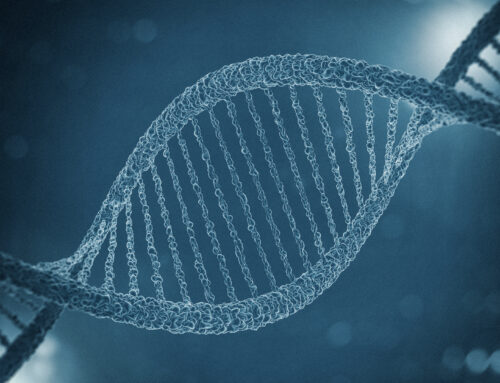By Becca Bakal, MPH
Welcome to the final installment of our blog post series about the Norton & Elaine Sarnoff Center for Jewish Genetics Community Needs Assessment! In the past, we’ve shared:
Our process and goals
What we learned about: 1) What people know about Jewish genetic health, 2) Who knows about Jewish genetic health, and 3) How we can help people learn about Jewish genetic health
On the agenda this time: how we’ll move forward with what we learned from the Community Needs Assessment. We’re refining how we raise awareness about Jewish genetic health topics in both Jewish and secular settings. Our vision is to empower the Jewish community, starting in Chicagoland and moving outward, to take ownership over their health. We hope to:
- Equip folks with greater knowledge of their genetic health risks
- Provide resources and support to help people start conversations about family health history
- Ultimately lower barriers to seeking genetic counseling and medical screenings if warranted
As we look forward, the community needs assessment will serve as a guide for the development of educational resources and supports. The Sarnoff Center has already been an educational resource for Jewish communities for almost 20 years, and we’re expanding our educational offerings and tools. Based on our findings, we developed best practice recommendations that cover four dimensions: Messaging, outreach, programming, and assessment.
Messaging
- Emphasize empowerment and that people can act to prevent Jewish genetic disorders and hereditary cancers
- Focus on family health history (FHH): How to take an FHH, the benefits of learning about FHH
- Make Jewish genetic health personal: Share how it is relevant to my life
- Address and dispel misconceptions about Jewish genetic health
Outreach
- Reach people where they are: Go to Jewish events, emphasize peer education and education through family members
- Provide resources and support to rabbis, healthcare providers and therapists around Jewish genetic health
- Strengthen partnerships with Jewish institutions and health institutions to get Jewish genetics on the agenda
Programming
- Develop small-scale educational programs tailored to various audiences
- Design activity-based education in a variety of media, to be delivered both in-person and virtually
Assessment
- Assess educational needs of rabbis and healthcare providers, including therapists
- Assess the feasibility of developing a peer education program
- Integrate assessment of pilot educational programs into ongoing program evaluation
As we develop educational supports, we’ll use these recommendations as guideposts.
Thanks again to all who participated in the community needs assessment and for those of you following along. We look forward to your continued partnership as we pilot and refine new educational tools.


